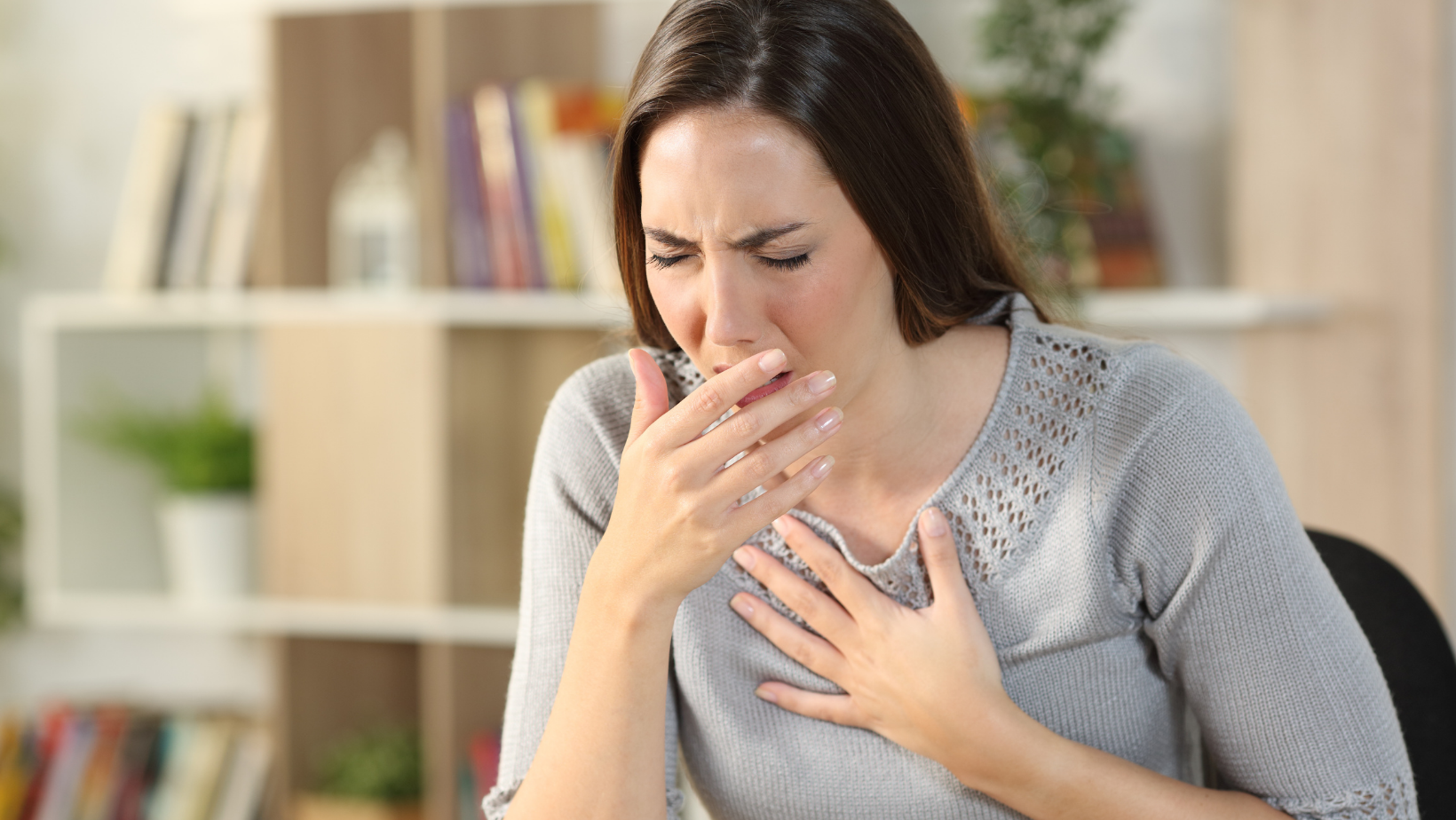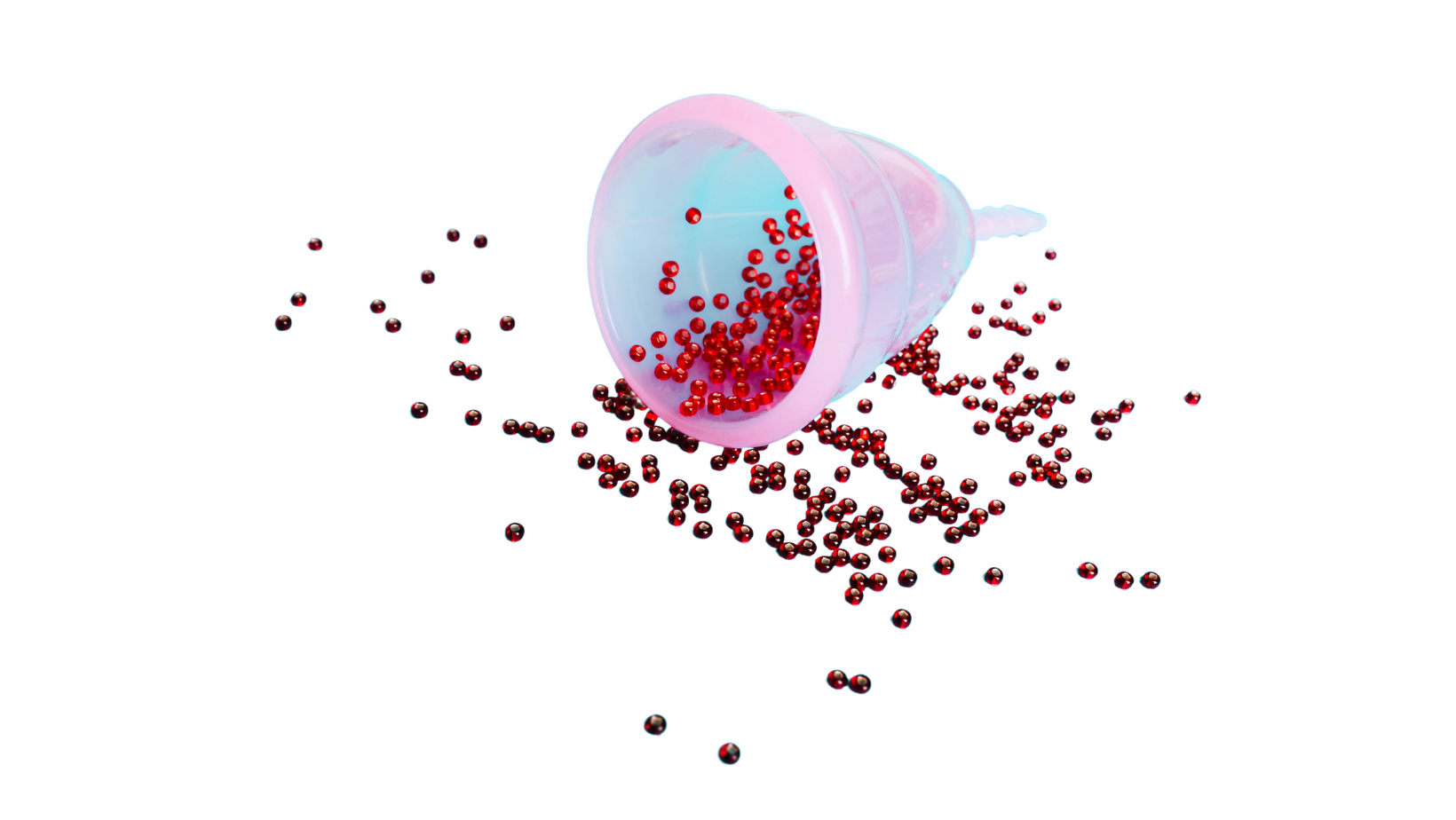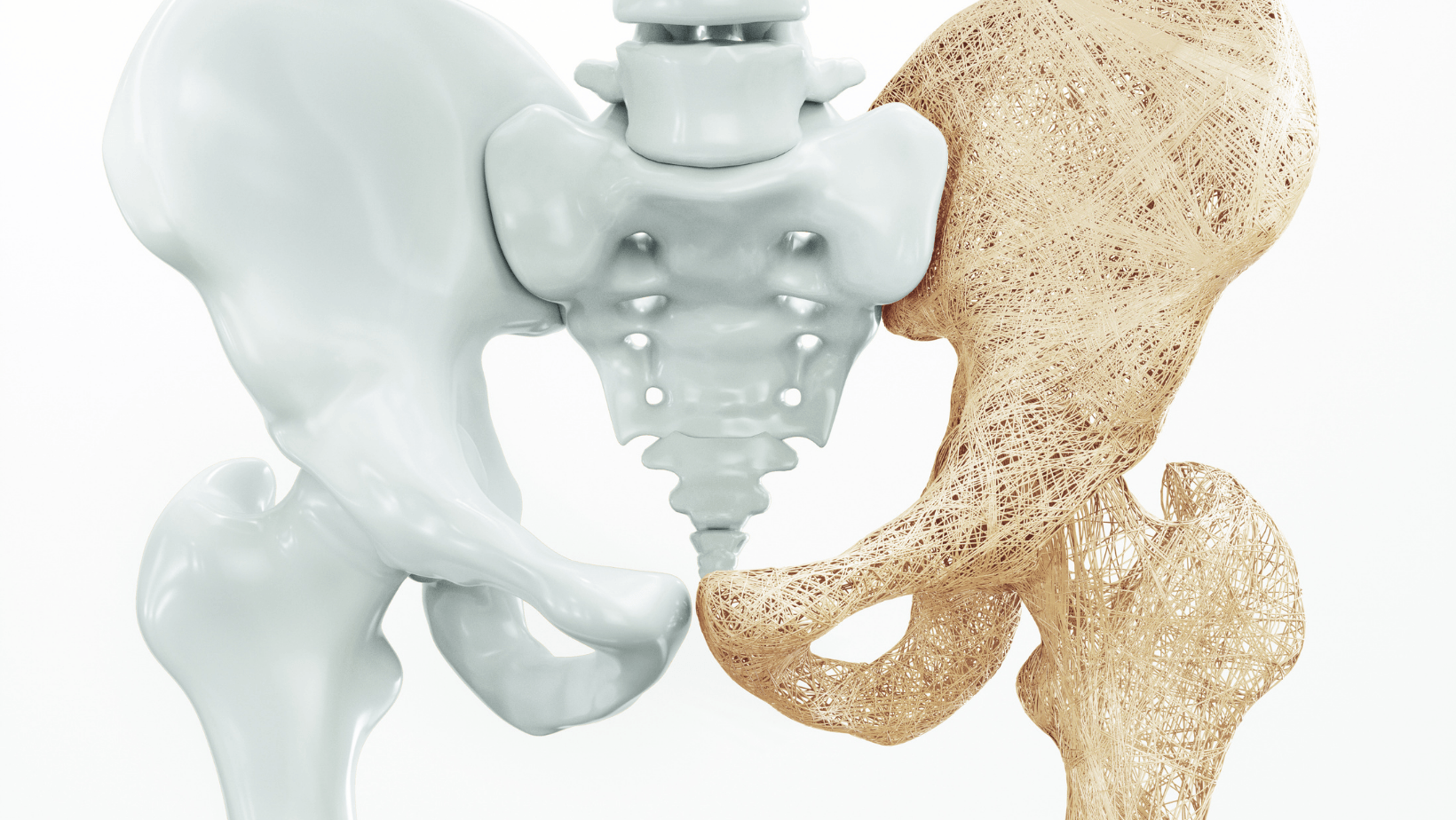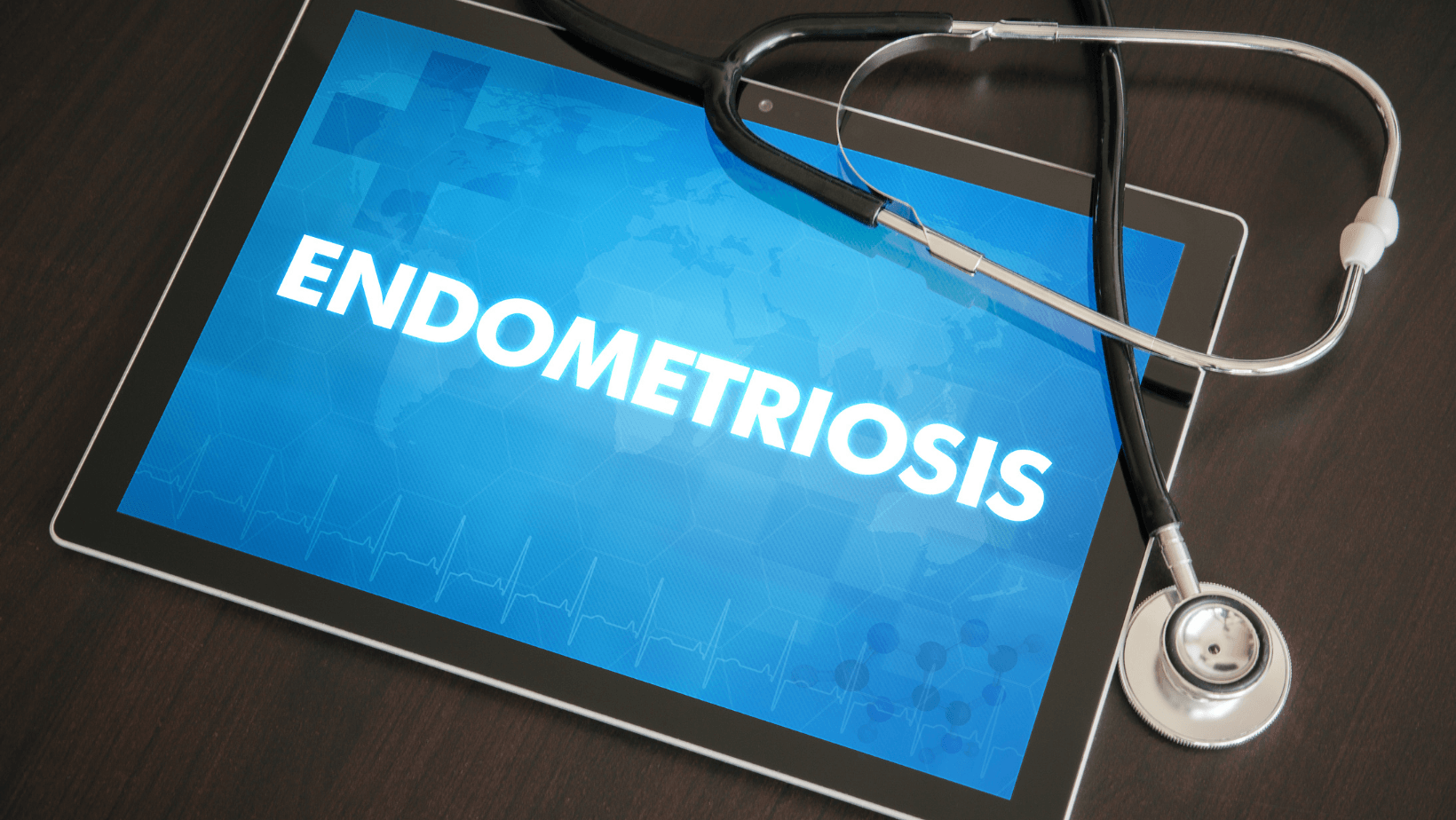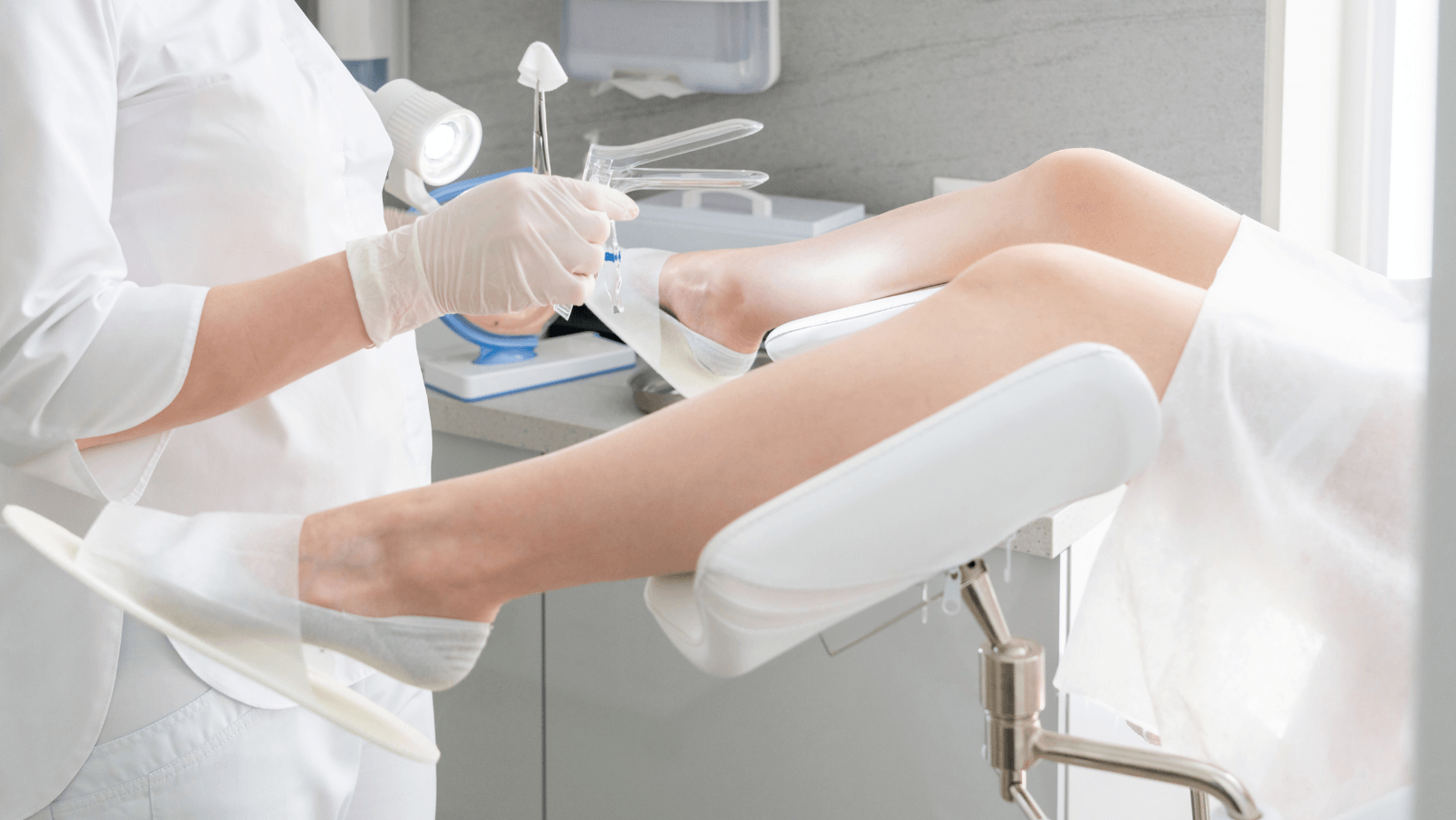Sinusitis - Symptoms, Causes and Treatment - Avicenna Health
Sinusitis
Patient History:
A patient with sinusitis said: “I would always have pressure in my face, just constant to the point where if I ever touched it or someone else touched my face, it would be painful. I also would have just kind of constant stuffiness. I had a tough time going to sleep, falling asleep. I would always wake up kind of coughing, feeling like I couldn't breathe.”
Definition of Sinusitis:
Sinusitis: An inflammation that affects the spaces beneath your bones, next to your nose, causes mucus to gather and obstruct the drainage. This obstruction may lead to swelling in the area around your eyes and cheeks, causing a pulsing pain that worsens when bending over.
How much time does it last?
Generally, sinusitis can be divided into three types depending on the time it lasts.
· Acute sinusitis lasts about one month.
· Subacute sinusitis lasts less than three months.
· Chronic sinusitis lasts more than three months.
Symptoms:
There are a large variety of symptoms, often include:
· Facial pain - It is usually described as a pressure-like pain in the forehead and around the nose.
· Swelling – abnormal enlargement around the eyes, cheeks, or nose.
· Sore throat – A scratchy feeling in the throat. It often worsens when you swallow.
· A thick discharge - a discolored mucus, can be green or yellow when caused by infection or non-colored when it is caused by noninfectious sinusitis.
· Postnasal drip - the feeling of mucus secretions moving down the back of the throat.
· Pulsing headache.
In addition to:
· Fever
· Toothache or/and earache
· An altered sense of smell and taste
· Fatigue
· Difficulty breathing
· Blocked or runny nose
· Cough
· Sneezing
Causes:
Leading causes often include:
· A viral, bacterial, or fungal respiratory infection
· Common cold
· Allergic rhinitis
· Nasal polyp
· Irritants substances, such as cigarettes and cocaine.
· Deviated nasal septum
· Other rare conditions, like AIDS and Cystic fibrosis.
Risk Factors:
- Patient with Allergic diseases, particularly hay fever (allergic rhinitis).
- Patient with Asthma
- pollutants exposure, such as cigarette smoke.
- Anatomic abnormalities like Deviated nasal septum.
- Female sex
- Elderly and young people
When to see a doctor?
If you have symptoms for more than ten days. Or When the symptoms are worsening instead of improving. And of course, if you have recurrent sinusitis that does not respond to the treatment. Other signs and symptoms that indicate a severe condition include:
- Vision troubles
- Intense headache
- High fever
- A Stiff neck
Diagnosis:
First things first, we need to know that there is no critical test to diagnose sinusitis. Most cases are diagnosed by the clinical history and clinical findings on examination.
Diagnostic procedures such as X-Ray, CT, and MRI are rarely used due to the misleading of x-ray and the expensive cost of CT and MRI.
Lab tests can be required when the condition does not respond to the treatment. Blood tests and nasal fluid tests are the most common to be required.
Differential Diagnoses:
- Asthma
- Dental infection
- Migraine headache
- Nasal polyps
- Benign or malignant tumor, especially in the nasal and sinus cavity.
- Fever of unknown origin (FUO)
- Aspirin sensitivity
- Nasal foreign body
Management:
Most conditions can be managed from home using home remedies, such as antipyretics, painkillers, mucolytics, and sinus rinse solutions.
Some conditions require more than self-care. It depends on the type of sinusitis, as we are explaining right down:
· Viral sinusitis is usually a self-limited condition, but using home remedies is not a bad option anyway.
· Bacterial sinusitis should be treated using prescribed antibiotics.
· Usually, the first line is Augmentin, but many others can be prescribed too.
How can we differentiate between bacterial sinusitis, which requires antibiotics, and the other kinds of sinusitis?
Symptoms of bacterial sinus infection often include:
- pus-like nasal mucus.
- Symptoms last for longer than seven days with home remedies.
· For Fungal sinusitis, systemic antifungal treatments are critically important.
· In Allergic sinusitis, you may only need to avoid the triggers in addition to allergy medication, such as antihistamines.
· For chronic sinusitis, your doctor may prescribe steroids.
· In some cases of chronic sinusitis and recurrent sinusitis, surgery would be the best option.
If you have any concerns about non-emergent health conditions, you may schedule a telemedicine consult with the Avicenna Health provider for an individualized consultation.




